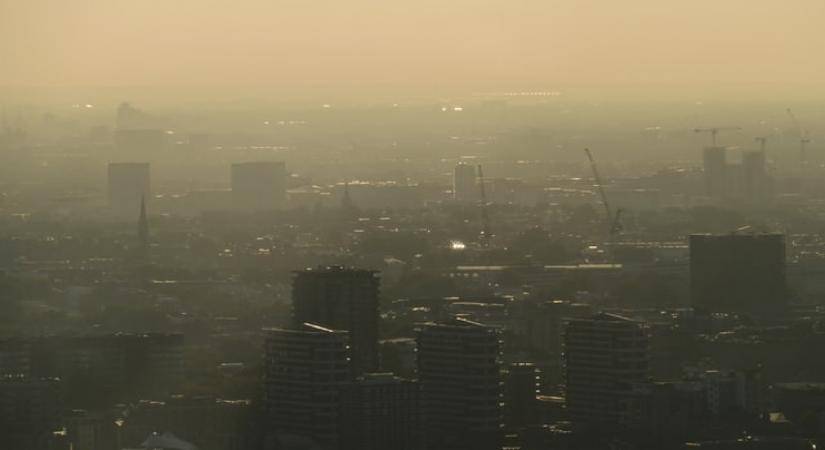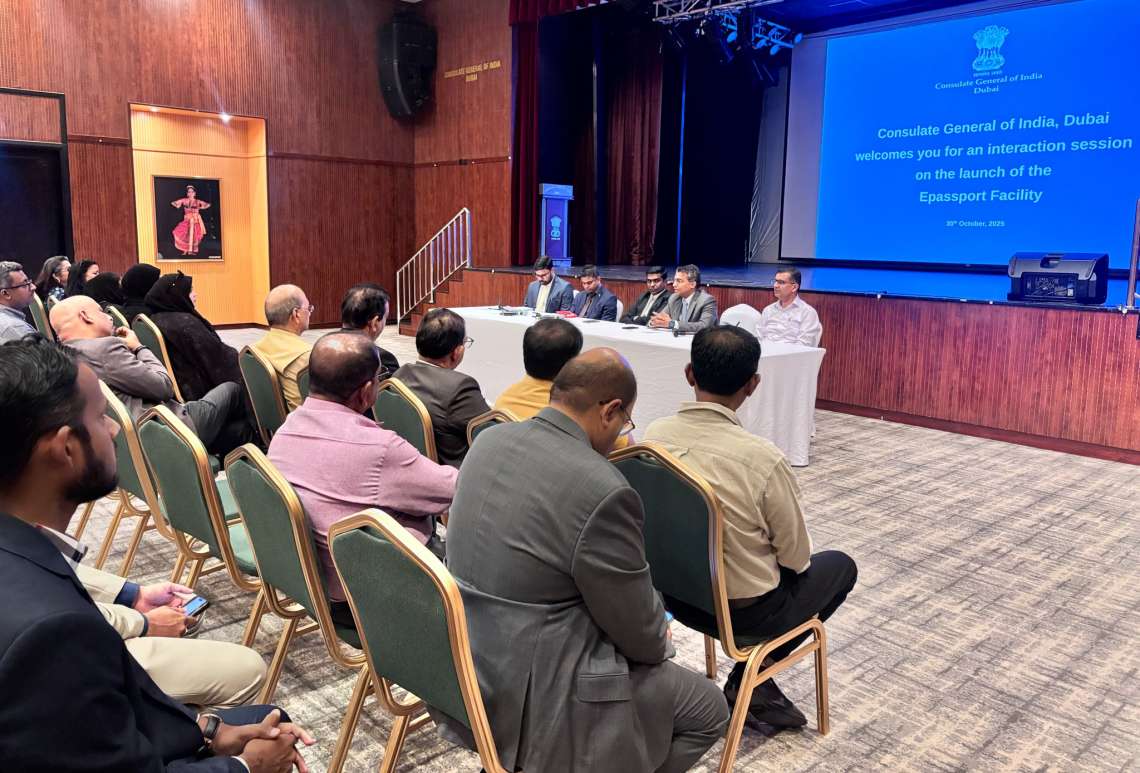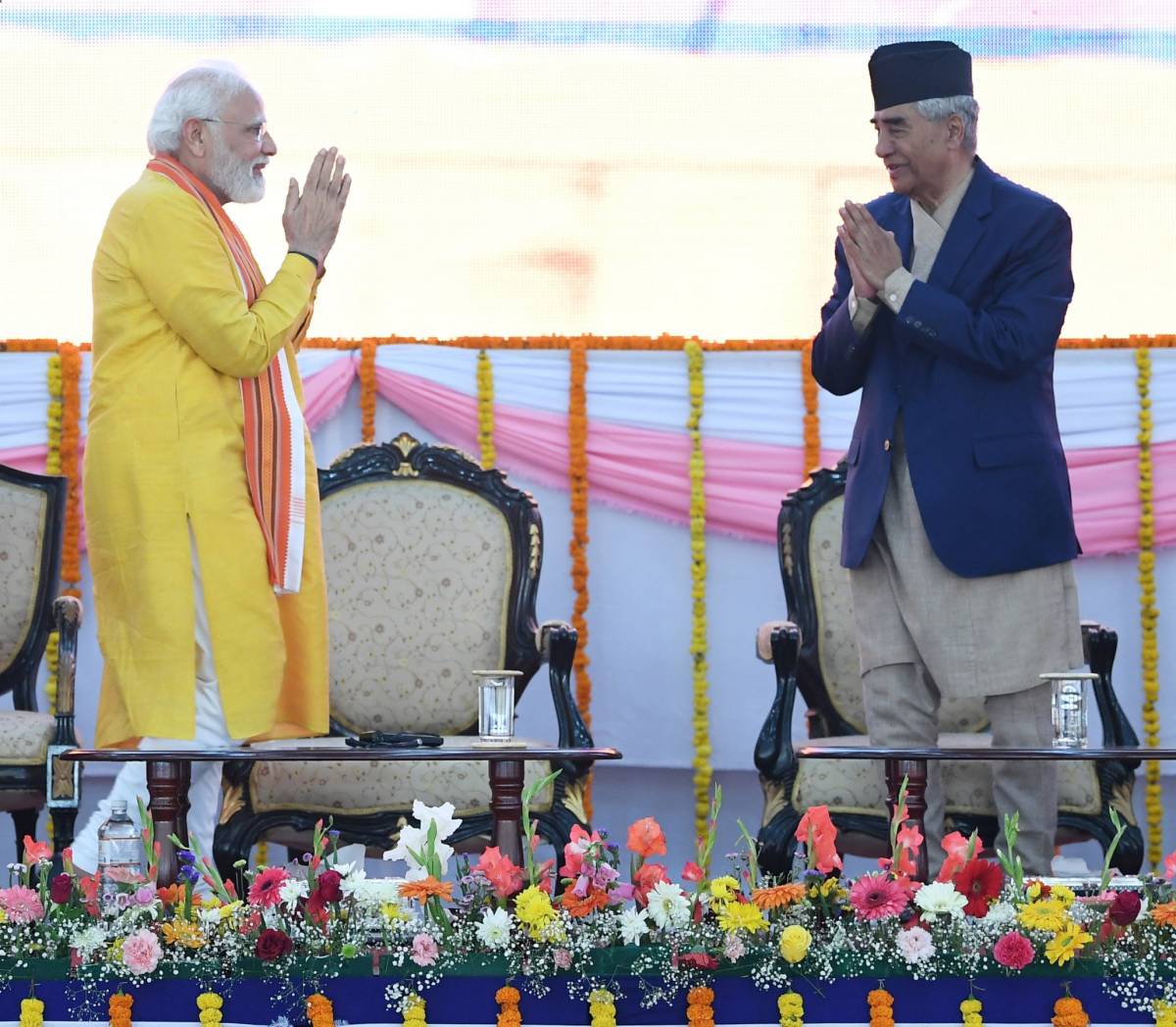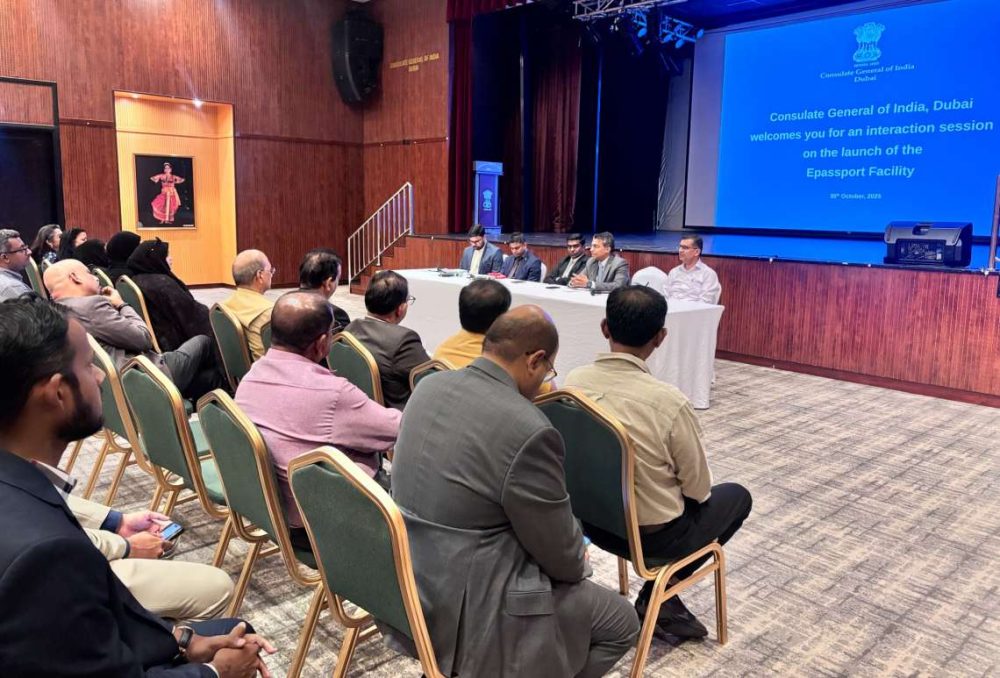An air quality index (AQI) between zero and 50 is considered ‘good’, 51 and 100 ‘satisfactory’, 101 and 200 ‘moderate’, 201 and 300 ‘poor’, 301 and 400 ‘very poor’. AQI over 401 is considered ‘severe’….reports Asian Lite News
In view of the heavy pollution faced by residents of Delhi-NCR every year with coal having a major share in the rising emission levels, the government has declared to ban the use of coal as fuel by the industries from October 1 and directed the industries to shift to PNG or biomass-based fuel.
Industries that are likely to face issues related to availability of infrastructure and supply of piped natural gas (PNG) have been given an exemption till December 31 and the coal ban for them will be applicable from January 1, 2023.
“Failing it, the industries shall be closed down and not permitted to schedule their operations,” read the Commission for Air Quality Management in Delhi NCR and Surrounding Areas (CAQM) directive.

However, even with the use of biomass fuel, these units shall need to adhere to the stipulated emission standards, read the directive dated June 2.
Unlike earlier years, the phenomenon of air pollution is not restricted to mere winters. The latest data from the Central Pollution Control Board (CPCB) showed that the number of poor’ air quality days was the highest since 2018 between January 1 and May 31 this year.
An air quality index (AQI) between zero and 50 is considered ‘good’, 51 and 100 ‘satisfactory’, 101 and 200 ‘moderate’, 201 and 300 ‘poor’, 301 and 400 ‘very poor’. AQI over 401 is considered ‘severe’. Delhi is currently experiencing poor’ and very poor’ AQI while in some stations, it is severe’.
With respect to the industries, the Commission has already told the governments of Haryana, Uttar Pradesh, Rajasthan and Delhi that “these units would need to switch over to PNG or biomass fuel by September 30 in areas where PNG infrastructure and supply is available and by December 31 for those areas where PNG infrastructure and supply is not available”, the directive said.
Meanwhile, the Commission said it had received submissions/representations from certain industries that furnaces/kilns involved in metal melting/smelting/heating/refining processes need desired temperature/specific heat and calorific value which would not be achieved through use of bio-mass fuel.
Also, industries with standalone cupola-based foundries, which mandatorily require a carbon feed stock, in addition to the fuel, had made a representation for permitting use of metallurgical coke, both as fuel and feedstock in cupola-based furnaces.
After examining the technical, technological and process requirements for these two categories of industries and considering the need to “optimally balance the imperatives of sustainability of industries as also the emissions from such industrial operations that have a direct bearing on the air quality, the Commission approved the proposal to permit both such fuels but for “industrial application only in regions beyond the jurisdiction of GNCTD”.
The Commission also specified the permissible levels of emissions for particulate matter (PM), SO2, NOx and CO2.














